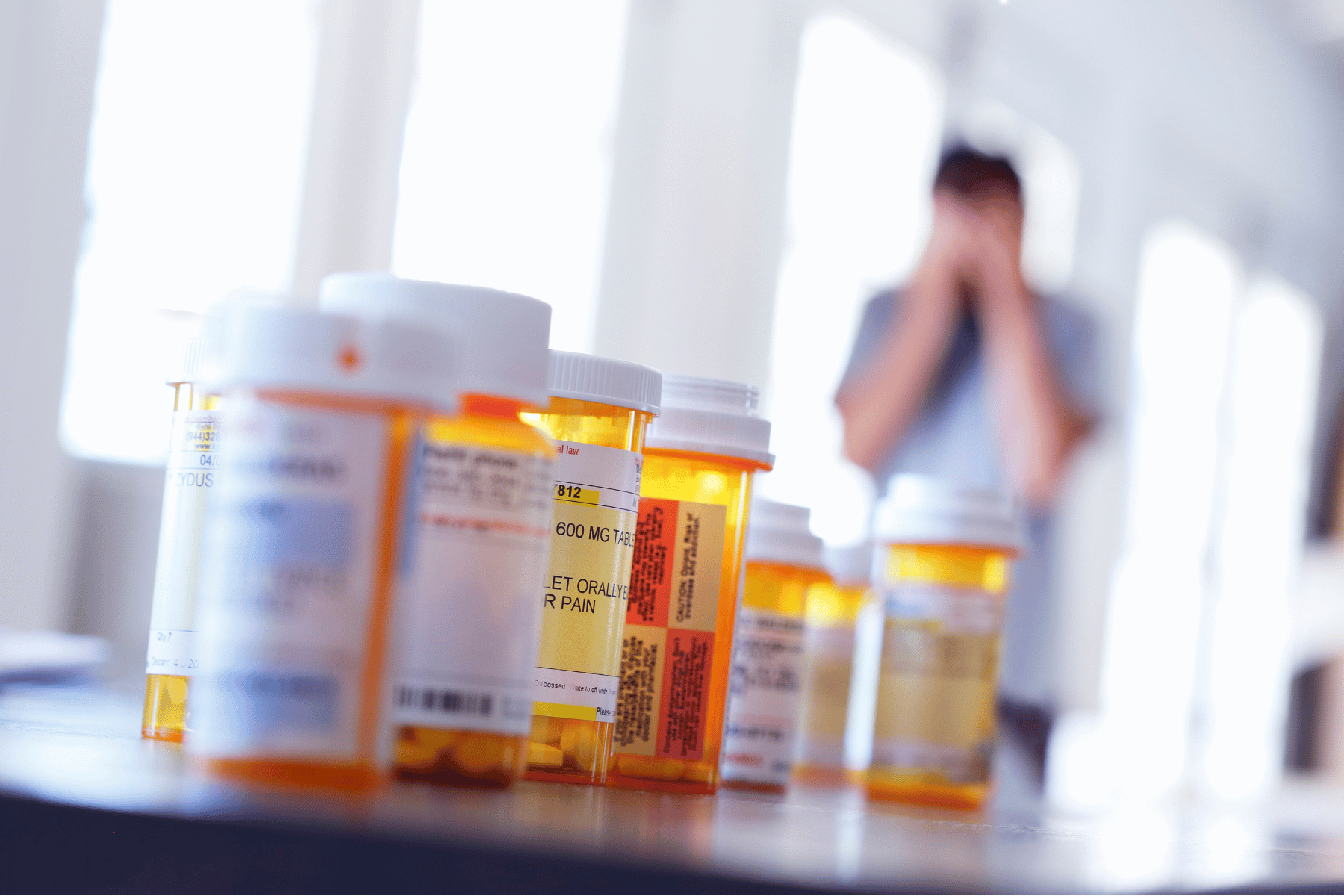
Many seniors take multiple medications each day, increasing the risk for self-administration errors. Here are four of the most common medication mix-ups, along with tips to help you avoid each one.
Self-administration errors occur for many reasons, but polypharmacy is one of the main contributors. Polypharmacy, or the use of five or more medications at the same time, is particularly common among seniors. The risk of high blood pressure, kidney disease and other chronic health conditions increases as you age, making it more likely you'll need prescription medications to maintain your health.
Some age-related changes also make it a little more difficult to manage your medications. For example, if you have muscle weakness in your hands, you might have trouble using an inhaler to control asthma symptoms. In some cases, vision problems make it difficult to read the dosing instructions on the label, leading to unintentional overdoses.
The good news is that you don't have to take these errors lying down. Here are tips for preventing four common medication mix-ups.
Poor lighting, poor organization and complex medication regimens can all cause you to take the wrong medication at some point. For example, if you have clonidine for high blood pressure and Klonopin to prevent seizures, you can easily confuse the two if you don't have enough light to make out the label on each bottle.
One easy solution is to keep your medications near a lamp. If a standard bulb doesn't provide enough light, consider getting an LED headlamp flashlight instead. This type of flashlight attaches to a band that you put over your head, concentrating light on what's right in front of you. LED lights are also stronger than compact fluorescent bulbs, making it easier to see what you're doing.
A dosing error occurs when you take too much or too little of a medication. This is one of the most common self-administration errors among seniors. For example, you might take two blood pressure pills instead of one, causing your blood pressure to drop much lower than normal.
Dosing errors often occur when instructions aren't clear or medication bottles look similar. You're also at risk of dosing errors if you keep multiple strengths of the same medication on hand. For instance, if you start out taking 5 milligrams of medication and then increase to 20 milligrams later, you might take a pill from the older bottle, causing you to take less medication than prescribed.
One way to avoid dosing errors is to use a pill organizer instead of handling multiple pill bottles each day. These organizers usually accommodate 7, 14 or 28 days' worth of medications. You can also get organizers with multiple compartments for each day. If you have trouble remembering to take your pills, put your organizer in a prominent location. You might want to put it near the door of your assisted living apartment instead of hiding it away in a drawer.
With all the activities in Youngtown, Arizona, and the surrounding areas, it's easy to forget your medications once in a while. Some seniors also miss medications due to physical problems. For instance, someone with arthritis might have difficulty opening a blister pack. Taking your medications as prescribed is extremely important, as it ensures you get the full benefit of each drug.
If you use a pill organizer and still forget to take your medications as scheduled, consider getting an automatic pill dispenser. These high-tech tools dispense the correct medications at the proper times, preventing several types of self-administration errors. Many models have alarms or other alerts to help you avoid missed doses.
Over time, medications lose their effectiveness, so taking expired drugs can have serious consequences. For example, expired antibiotics might not kill all the bacteria responsible for a urinary tract infection, prolonging your symptoms. One of the easiest ways to avoid taking expired medications is to check expiration dates at least once per year. If you notice anything out of date, dispose of it properly.
Many pharmacies and police departments have drug take-back programs, which allow you to drop off expired and unused medications. If you can't drop off your medications, consult the FDA "flush list." Drugs on this list can be harmful to people and pets, so the FDA recommends flushing them down the toilet or the sink if you can't find a take-back program.
If your medication isn't on the flush list, you can dispose of it in your trash. Follow these steps:

*Please don't remove this section it is working with 3 TalkFurther buttons on live url
11555 W. Peoria Ave
Youngtown, AZ 85363
Sales & Marketing: (866) 695-0932
Reception Desk: (623) 933-3333



